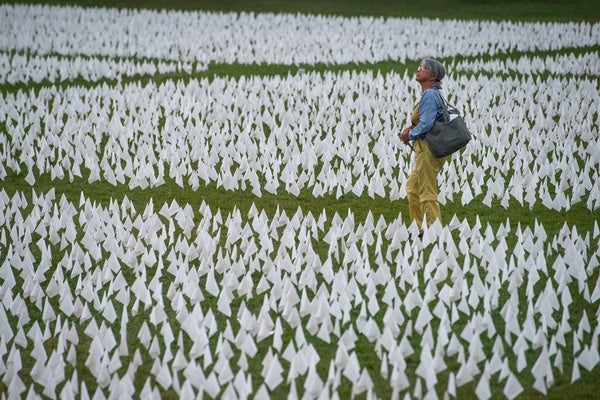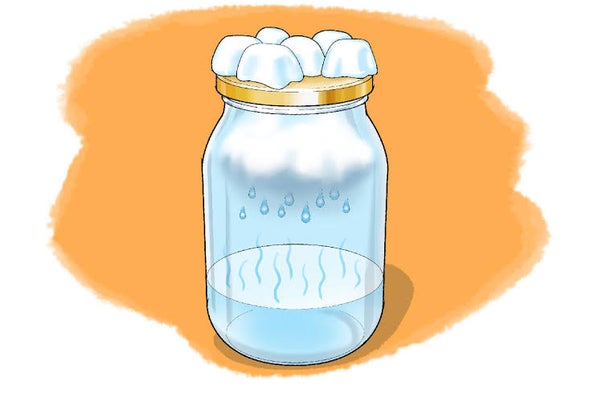 |
| June 17, 2022 |
 |
| |
| |
| |
| |
| |
| |
| |
| |
| |
| |
| |
| |
FROM THE STORE
 | | The Age of Humans Humans have accomplished a great deal in our relatively short history - and have left our mark on Earth in the process. In this eBook, we examine the story of us: how we got here, the world we've built and how we'll need to continue to adapt if we are to manage our impact on the planet and build a better future. *Editor's Note: This Collector's Edition was published as The Age of Humans. The eBook adaptation contains all of the articles, but some of the artwork has been removed to optimize viewing on tablet devices.
|  | | |
BRING SCIENCE HOME
 | | Test "Weather" You Can Make Your Own Cloud! |  What's in a cloud? You can make your own and find out with this "super-cool" activity! Credit: George Retseck | Have you ever imagined what it might be like inside of a cloud? Did you know that if you were in one, you would get soaking wet? There are many different types of clouds, but one thing they have in common is that they're all made of water (or ice). But how do clouds form, and how is it possible that water can float above us in the air? In this activity you'll make your own cloud in a jar and get to test the conditions that are required to make a cloud form! | |  | |
LATEST ISSUES
 |
| |
| Questions? Comments?  | |
| Download the Scientific American App |
| |
| |




